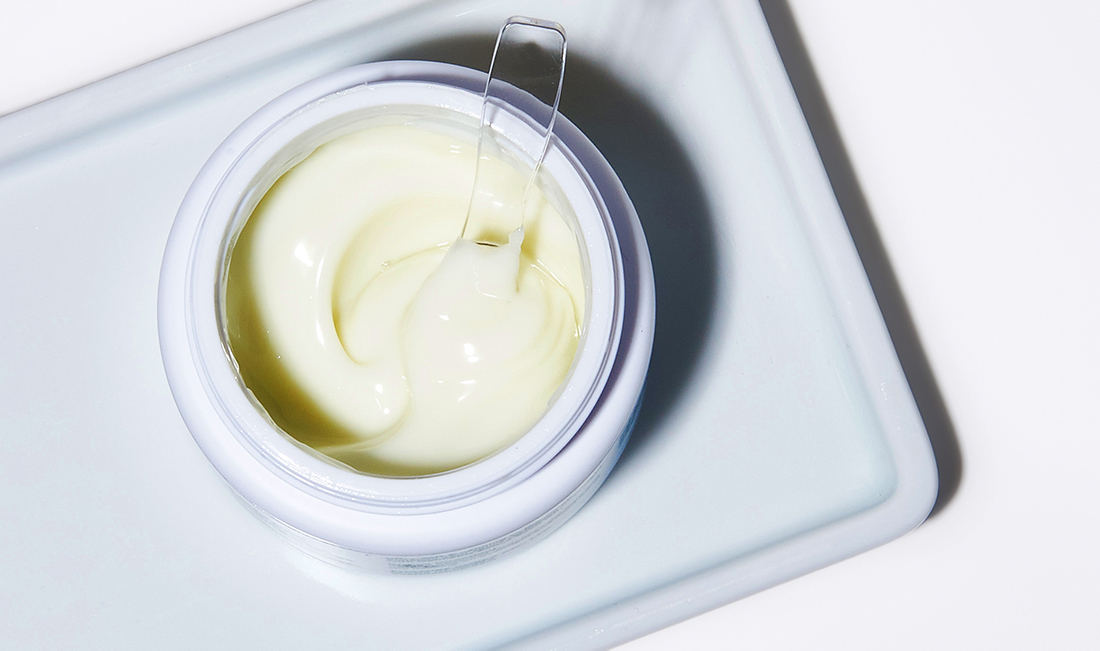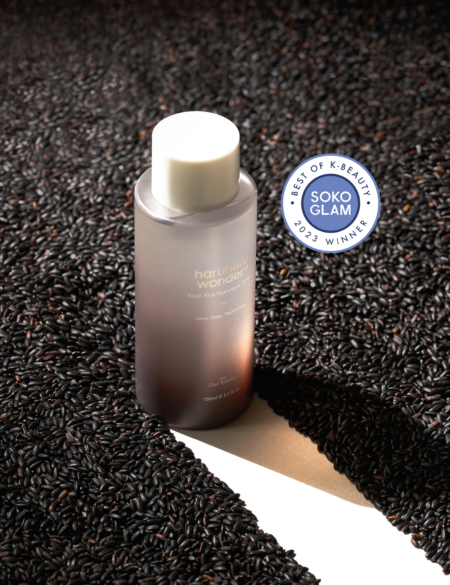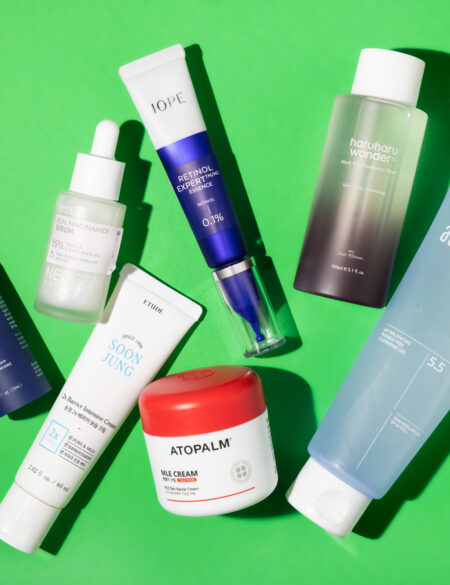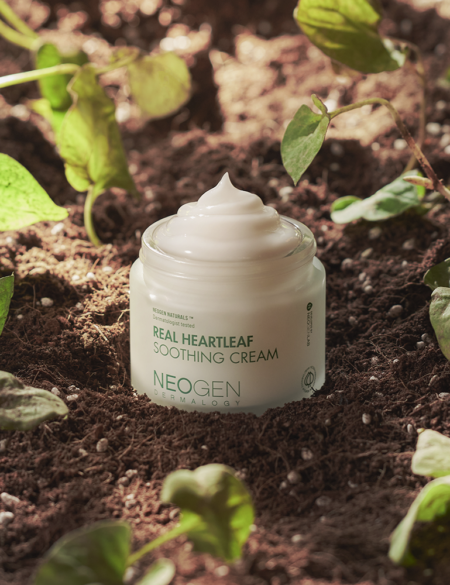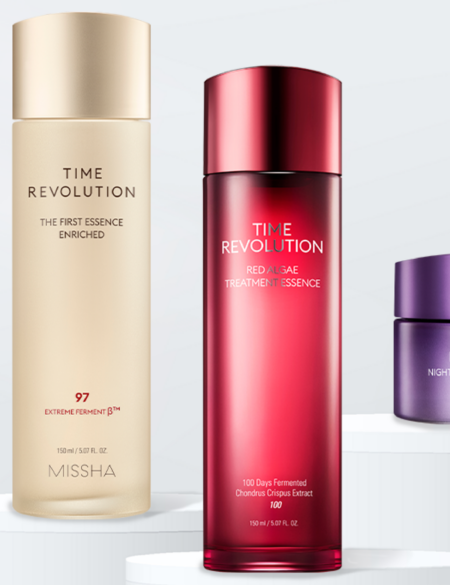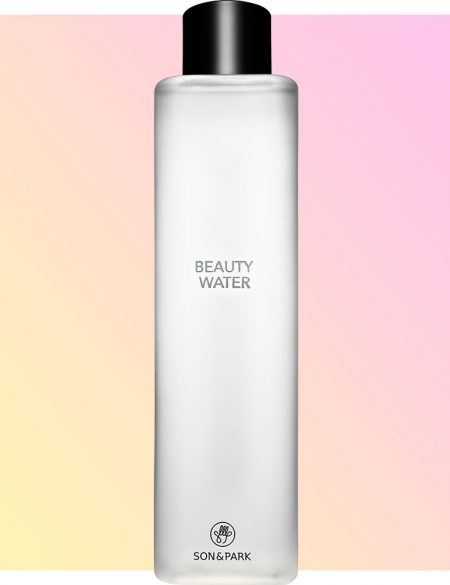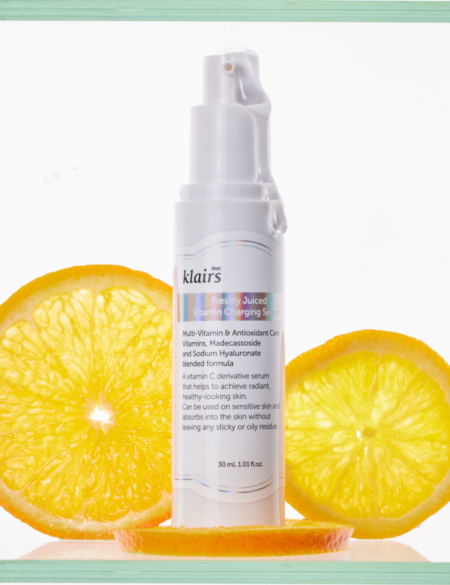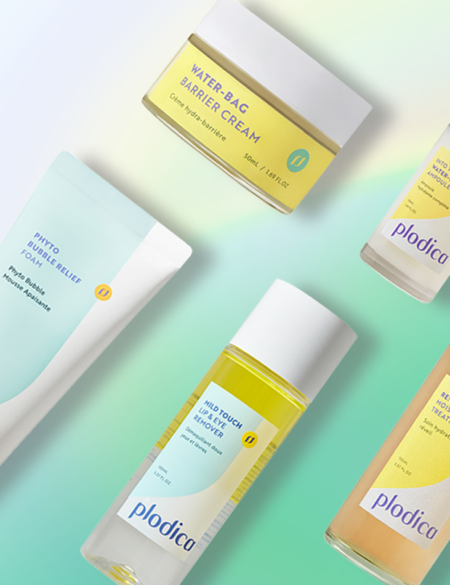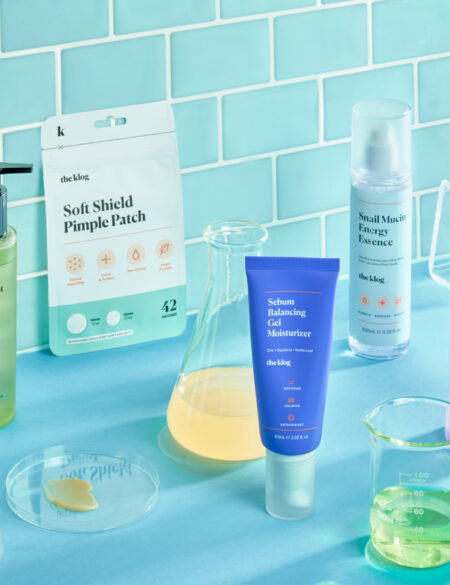It’s important to be aware of how certain marketing terms are used in skin care — particularly those that are unregulated by the FDA. With expert guidance, we’re talking about “cosmeceuticals,” a term that tends to carry a lot of weight but warrants little consumer caution.
The skin care industry sometimes utilizes terms that are either easily misunderstood or that don’t hold as much weight as the consumer would assume. We’ve talked about this a bit before, calling out marketing terms such as organic, natural, non-comedogenic, and hypoallergenic. Another term in this category — and one we’re seeing more and more of — is cosmeceutical. Today we’re breaking down what a cosmeceutical is, and why it’s important to be a little cautious of this unregulated marketing term.
What is a Cosmeceutical?
“Cosmeceuticals are understood to be cosmetic products with biologically active ingredients that claim to enhance a skincare product’s effectiveness and are capable of affecting the skin beyond the time of application,” says Dr. Sayyida Abdus-Salaam, founder and medical director of Memphis Center for Aesthetic Medicine.
In other words, they’re marketed as a cosmetic that also has some long-term benefits (usually anti-aging). Many products do deliver on this promise, but it’s important to understand that the term “cosmeceutical” isn’t recognized by the law, says Dr. Abdus-Salaam.
Specifically, the FDA website states: The FD&C Act does not recognize any such category as “cosmeceuticals.” A product can be a drug, a cosmetic, or a combination of both, but the term “cosmeceutical” has no meaning under the law.
“For this reason, the term cosmeceutical is very broad. Small doses or concentrations of biologically active ingredients can be added to a product and in turn be termed a cosmeceutical,” explains Dr. Abdus-Salaam. “Additionally, there is no requirement for manufacturers to demonstrate the safety or effectiveness of a cosmeceutical before marketing a product. Finally, there is generally no fixed duration of time or specific dosage that qualifies any cosmeceutical.”
RELATED: A Complete Guide to Vegan and Cruelty-Free K-Beauty Products
Navigating the World of Cosmeceuticals
Just like there are many skin care products that use terms such as “organic” or “clean,” and deliver on their promises, there are many cosmeceuticals that are wonderful.
“There are some cosmeceuticals that do indeed use newer, more expensive ingredients,” says Dr. Michele Green, a board-certified dermatologist and RealSelf.com contributor. “However, you really have to understand the science of the ingredients in the products that you are buying to understand its efficacy.”
Really understanding the science can help ensure you’re spending your money well. This is particularly true of cosmeceuticals, which are quite expensive across the board. We’re talking three-digits for mere ounces. This is because cosmeceutical products are assumed to use high-quality ingredients, innovate formulations, and luxe packaging.
“The manner in which certain cosmeceuticals are packaged and formulated, and the quality of ingredients used in these agents, warrant an increase in the price of the product,” says Dr. Abdus-Salaam. “For example, a product that contains a hard-to-obtain ingredient that is then presented in a luxe jar with new technology to prolong its shelf life most likely will cost more than a product utilizing inexpensive ingredients and placed in an inexpensive container.”
This all makes sense, but the fact that cosmeceuticals are completely unregulated means there’s still some potential for getting duped.
“You have to be savvy. I would recommend patients do their research before buying into all of the claims represented,” advises Dr. Green. “One way to do that is to see if the products you are buying have any clinical studies to support their claims. Another way is to read through the ingredients.” When in doubt, you can also get a dermatologist’s input.
Basically — when you see the term “cosmeceutical” consider it a little flag that says, “Hey! You should dig deeper into the ingredients and formulation before laying down cash.” You might already do this with other products, but it’s an important reminder for a skin care category that seems to inherently hold so much weight because it sounds so science-y.
By doing this, you might end up finding a hero product that changes your skin care game, or you might end up saving yourself some cash. Either way, you come out ahead!


